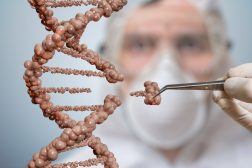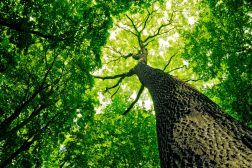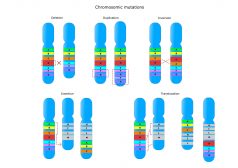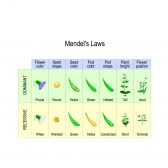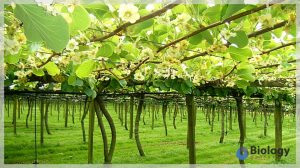Definition
noun, plural: anhidroses
A pathological condition characterized by the inability to sweat normally
Supplement
Sweating is one of the primary mechanisms of the body to cool itself on a hot, humid day. It is also the physiological result of the body’s metabolism during an intense workout, emotional stress, or gustatory response especially to hot and spicy food. However, there are cases when the body lacks the ability to sweat. This condition is called anhidrosis. A body that is not capable of perspiring would not be able to cool itself and therefore can lead to overheating, and unfortunately to heatstroke, which is life-threatening.
Anhidrosis may affect either small or large areas of the body. This condition arises when the sweat glands are impaired. Possible underlying causes involve a nerve damage, clogged ducts, skin injuries, and other ill conditions such as diarrhea, vomiting, and fever.1
Anhidrosis is sometimes called hypohidrosis although strictly the former entails the total inability to sweat whereas the latter is associated with only diminished capability to sweat.
Word origin: Ancient Greek ἀν– (not) + hydros (sweat) + –osis
Variant(s):
- anhydrosis
Synonym(s):
Compare:
- hyperhidrosis
See also:
Related term(s):
- anhidrotic (adjective)
- hidrosis
Mentioned in:
Reference(s):
1 Mayo Clinic Staff. Feb. 15, 2012. Diseases and Conditions: Anhidrosis. Link

